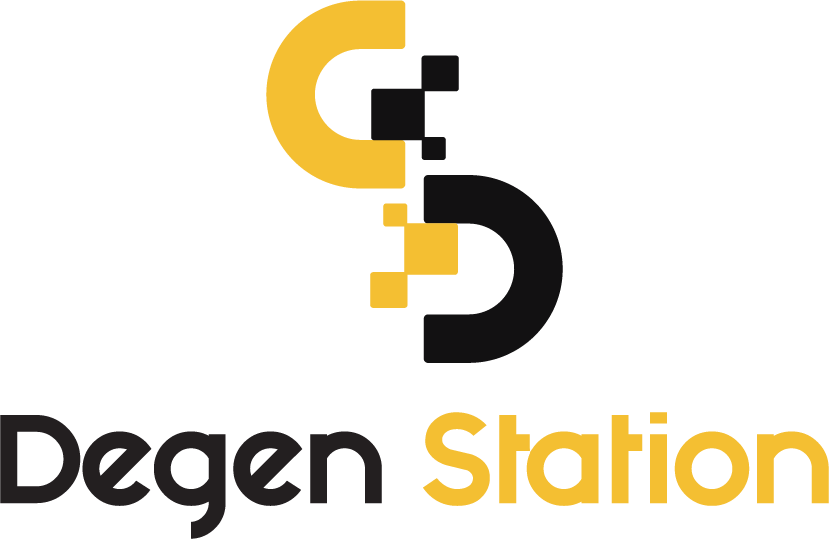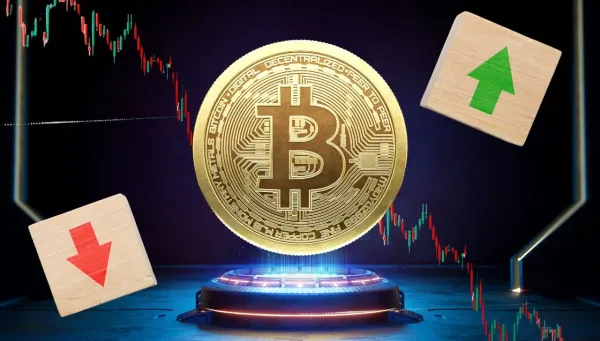El Salvador Boosts Bitcoin Education, Aiming to Reach 250,000 Students in 2023
Even amidst the harsh "crypto winter," El Salvador remains focused on promoting Bitcoin adoption through educational initiatives.
El Salvador is ramping up its Bitcoin education efforts for the youth. A viral video on Twitter shows that the country has launched short-term courses, specifically 10-week programs, to provide foundational knowledge about blockchain technology to students.
The course includes practical demonstrations on how to send and receive Bitcoin using the Lightning Network. Students are also educated on various topics such as nodes, double-spending, and Bitcoin halving.
The clip is part of the My First Bitcoin project, which aimed to train over 10,000 students in 2022. The initiative plans to scale up its reach by 25 times, targeting 250,000 students in 2023.
Beyond being the first country to make Bitcoin legal tender, El Salvador has made significant contributions to the widespread adoption of Bitcoin. President Nayib Bukele announced in November last year that his country is working on building a tax-free Bitcoin city, designed to attract investment and foster growth in the Bitcoin sector.
Last month, President Bukele launched a dedicated Bitcoin Office to manage all cryptocurrency-related projects. This office will also serve as a venue for meetings between individuals and the President regarding Bitcoin and blockchain implementation within the country.
Additionally, President Bukele surprised many by announcing the revival of the "buy Bitcoin" strategy, deciding to acquire 1 BTC daily starting November 18, 2022. According to investment tracking websites, the Central American country now holds 2,460 Bitcoins. However, the dire economic conditions have led to a 61.75% decrease in the value of El Salvador's Bitcoin investment, with unrealized losses exceeding $67 million.
El Salvador's Bitcoin investment history. Source: Nayib Tracker
President Bukele has denied reports that El Salvador's Bitcoin holdings are trapped on the now-bankrupt FTX platform, which filed for bankruptcy in November and is now deep in debt to both users and large institutions.





